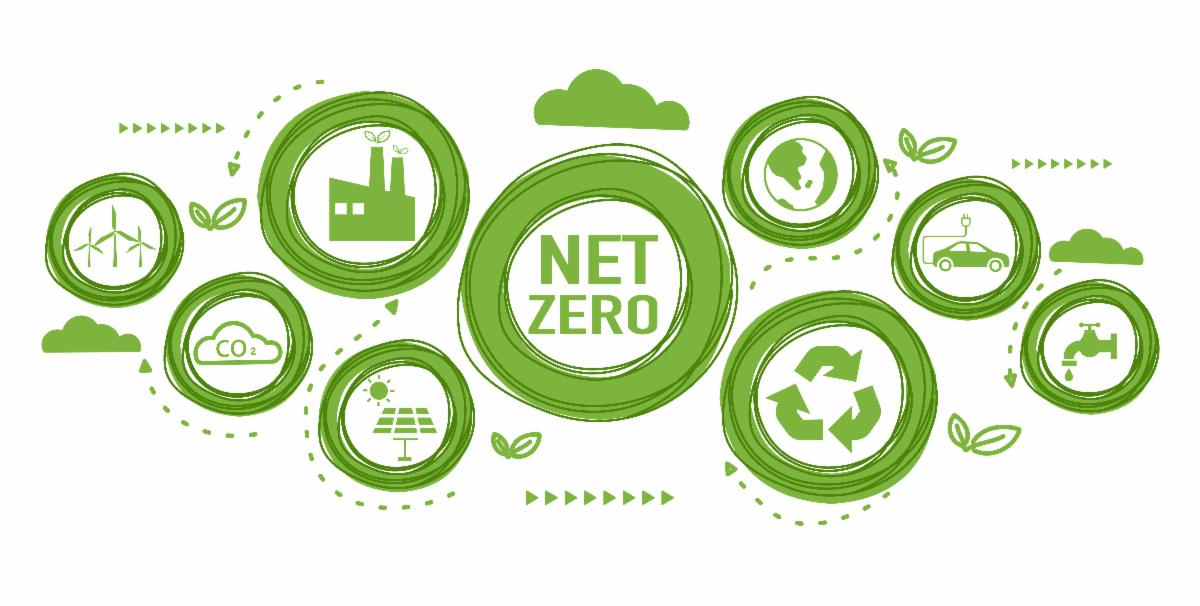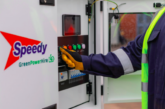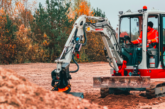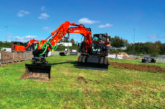
As a market leader in mobile air compressors, Atlas Copco’s Portable Air division knows exactly what it needs to do to play its part in meeting global climate change objectives.
The company, as part of a wider Atlas Copco Group initiative, is committed to ‘doing business within planetary boundaries. With that in mind it has set itself a range of ambitious emissions reduction targets that are grounded in climate science through the Science-Based Targets initiative (SBTi).
Funded by the IKEA Foundation, Amazon, the Bezos Earth Fund, the Rockefeller Brothers Fund, the UPS Foundation, and many major businesses such as BMW, Nike, Daimler, and SNCF, the SBTi gives companies a clearly defined path to reduce CO2 emissions in what it calls ‘a race to the top’ in zero-carbon transition. The organization also checks that a company’s targets are in line with what the science demands regarding greenhouse gas emissions.
Whole value chain reductions
Science-based targets differ from other goals because they are absolute reduction targets; they are not related to cost of sales but targets across a company’s entire value chain. It includes emissions from energy consumed on direct operations, such as manufacturing, vehicles, and offices, emissions generated when producing materials or components used in products, and emissions from the use of those products.
Having its emissions targets monitored by an internationally recognised organisation gives Atlas Copco’s a competitive edge by increasing credibility in the eyes of the customer and ensuring total transparency. More importantly, however, the targets inspire innovation and encourage positive change.
Team effort
The company now has an approved science-based target to reduce the emissions from its direct operations by 46% by 2030, compared to 2019 levels. Everyone in the company has a role to play in this. For example, by how they get to work, what products are developed, and what kind of energy is used in the factories. The plan by Atlas Copco’s Portable Air Division is to be carbon neutral in all its operations through green power in factories, optimised processes through digital technology, energy reduction, the use of fossil-free fuel, and a CO2 neutral car fleet.
While it is essential to tackle emissions from direct operations, a year-long research project from Atlas Copco’s Portable Air Division found that a bigger opportunity to make a positive environmental impact relates to how customers use its solutions. The company found that a majority of emissions comes from the lifetime use of products. That is why Atlas Copco has the target to reduce the carbon impact of its products-in-use by 28% by 2030 (compared to 2019 levels.) One route the company is adopting is driving the shift to carbon-free solutions, such as its all-electric E-Air compressor range.
Necessity is the mother of invention
By embracing innovation to provide the most efficient and sustainable solutions available, Atlas Copco’s Portable Air division intends to give customers the tools required to meet demanding applications while also helping them achieve their sustainability targets.








